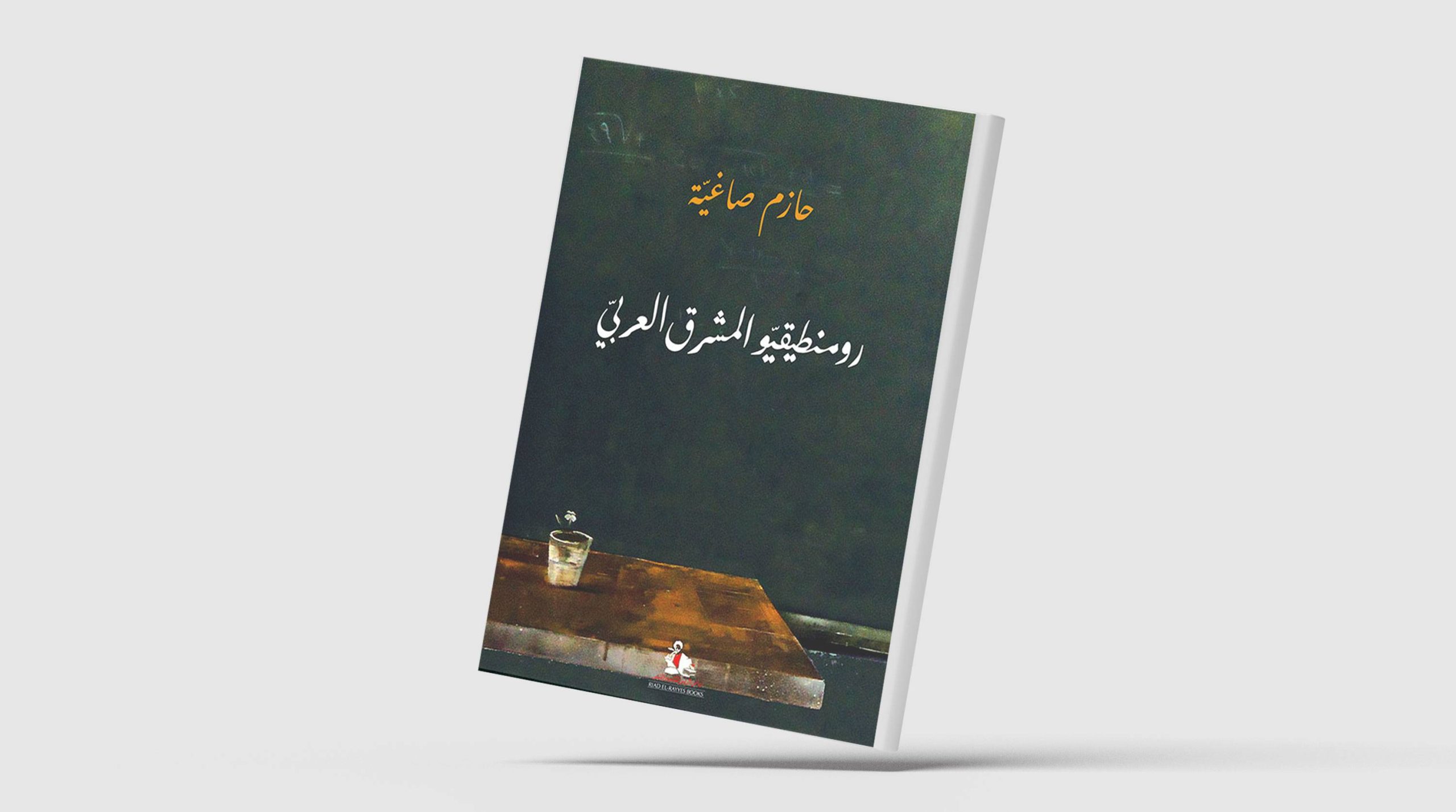The term "Romanticism" is rarely mentioned, and when it is, it is usually in the context of recalling the history of literary movements that prevailed
The term “Romanticism” is rarely mentioned, and when it is, it is usually in the context of recalling the history of literary movements that prevailed in the early nineteenth century. It is difficult to forget the knights of Romanticism: Shelley, Schiller, Coleridge, Keats, and Wordsworth. The effects of Romanticism have greatly declined in our era due to the influences of scientific rationalization and the dominance of successive technological revolutions that require a disciplined mind that moves according to strict algorithms.
For me, the few times that the term “Romanticism” or its linguistic derivatives are presented to me, it reminds me of the book “Romanticists of the Arab East” by Hazem Saghieh, who chose the term “Romanticists” instead of “Romantico” in the title of his book. The interesting thing is that most of the masters of Arab Romanticism in politics and literature grew up in the incubator of the “American University of Beirut,” and we all know that the philosophy adopted in American life is pragmatism, which was developed and matured by William James, and it is far removed from Romanticism and its ramified effects on the individual and collective levels.
Life is a hard work. This is not just a title for a book, but a conviction reinforced by everyday experience. The world is a very dangerous place to live and deal with. This is not a romantic conclusion produced by a high moral sensibility. I often wonder, as a kind of thought experiment: If a highly ethical person, known for his strict behavioral considerations, were to be left to deal with people for an hour—no more—would he come back from this experience with the same high standards as before? I don’t think so.
The world is a place filled with bad people far more than their opposites. This is not a new discovery; it is an eternal truth. This truth can lead us to psychological ruin, mental darkness, and a feeling of utter emptiness; but one of the great privileges that counts for us is that we know this truth; and yet we still maintain our strategic reserve of active, effective, and influential spiritual energy.
Keats
In order not to remain within the scope of theoretical heights, I will take an example that affects the entire world and all people, far from considerations of time, place and local geography: genetically modified crops. Why did the world resort to this revolutionary technology to increase crop yields and protect them from spoilage? In order to be able to feed the increasing billions of people. Without this technology, humanity would have suffered a terrible, catastrophic famine.
Life is a blessed gift and a precious offering that we must live and not squander under any humanitarian or ideological slogan, or under the pressure of terrible psychological and mental burdens resulting from the conflict between the requirements of private space and the requirements of life in public space.
Personal life is a field of permanent settlements, and unless we succeed in sustaining those settlements with a balanced mix of personal desires and a pragmatic sense that is in harmony with the equations of reality—or does not clash with them violently at the very least—we will end up with the tragic end that the “Romanticists of the Arab East” ended up with, and Hazem Saghieh was able to describe its sad consequences.
In order to balance between the private and the public, one must design his personal approach, as it remains for each one to find the state of balance and avoid getting caught up in an abyss of conflicting thoughts and desires, lest he end up losing his identity and the life he has to lose. The only option is to focus on a strict disengagement between the private and the public and to regain a mental clarity that would allow one to understand the reality around him and not live a romanticized world.
Conclusion:
Life is a battlefield, and each individual must learn to navigate its twists and turns. To avoid drowning in the abyss of the conflict between the private and the public, we must focus on our pragmatic and logical aspects, rather than surrendering to the allure of romanticized emotions.
FAQs:
Q: Why should we focus on the private and public domains separately?
A: By separating these domains, we can achieve a better balance and avoid getting caught up in conflicts between our desires and the requirements of our life.
Q: Why is romanticism no longer a relevant term?
A: Romanticism is no longer a relevant term because of the rapid changes brought about by technological advancements, which have led to the development of scientific rationalization and a focus on logic and pragmatism.
Q: Can we truly separate our personal life from our public persona?
A: Separating our personal and public domains requires effort and intention. It involves learning to recognize the conflicts that arise between the two and finding a way to manage them effectively.

COMMENTS